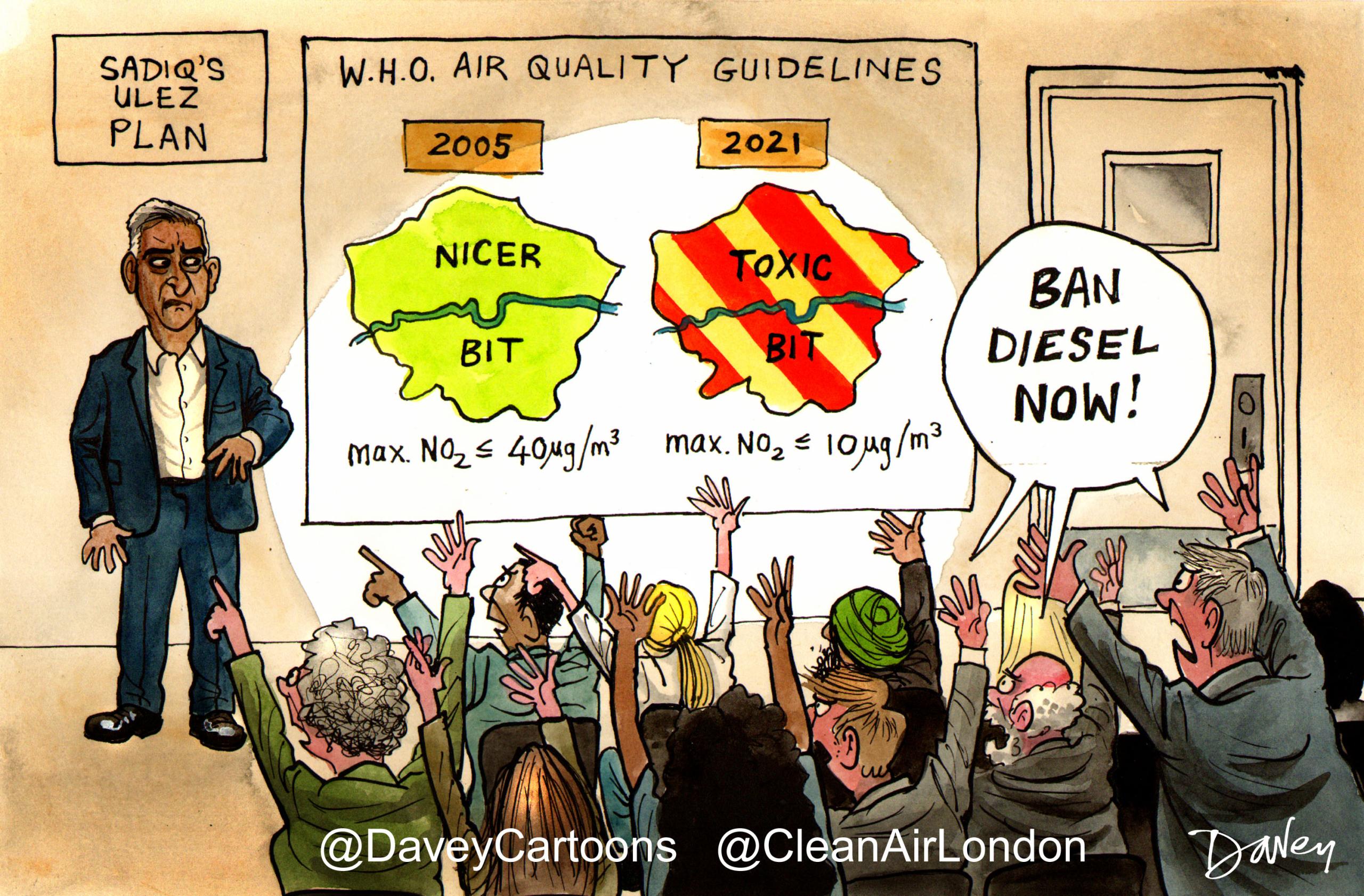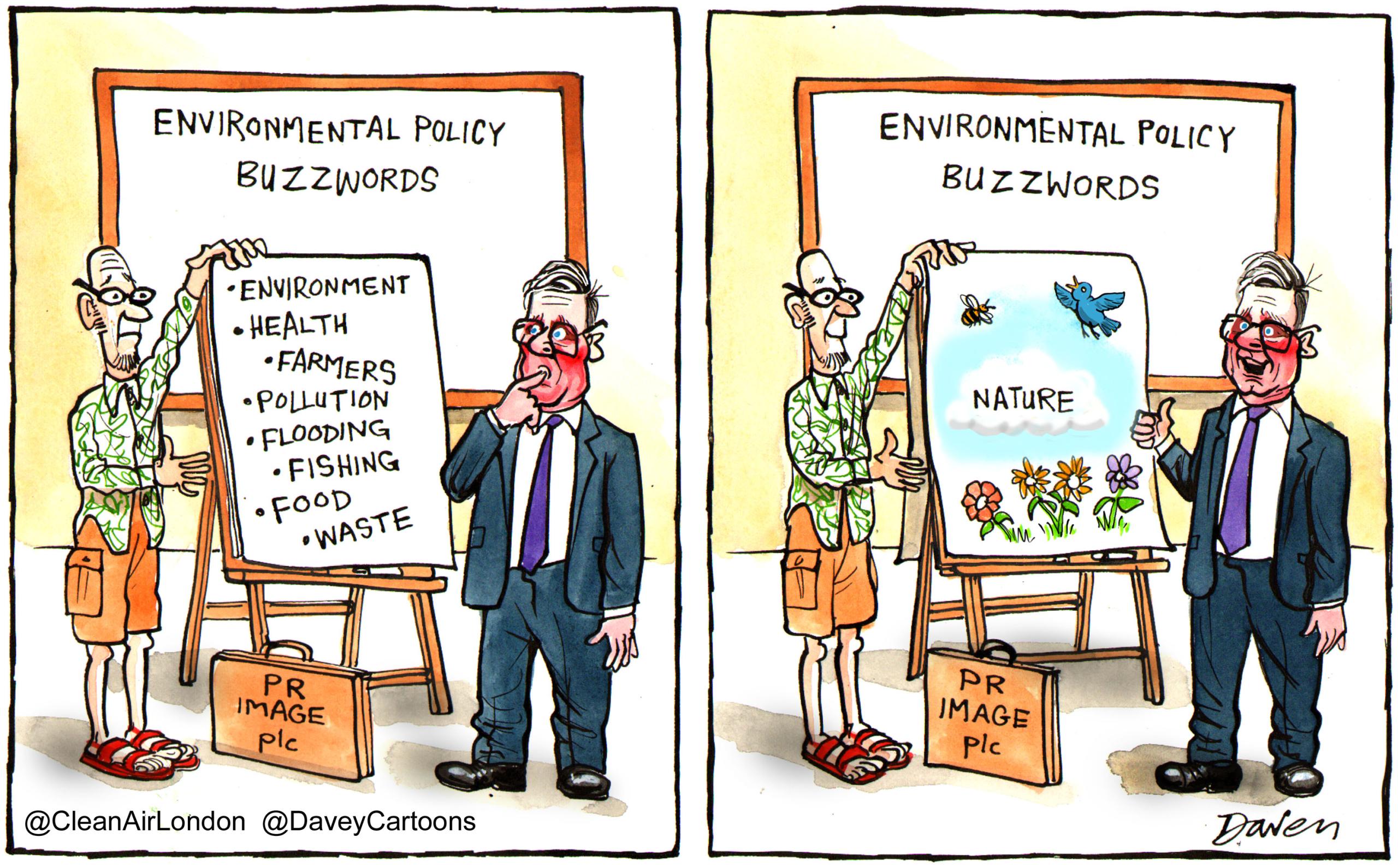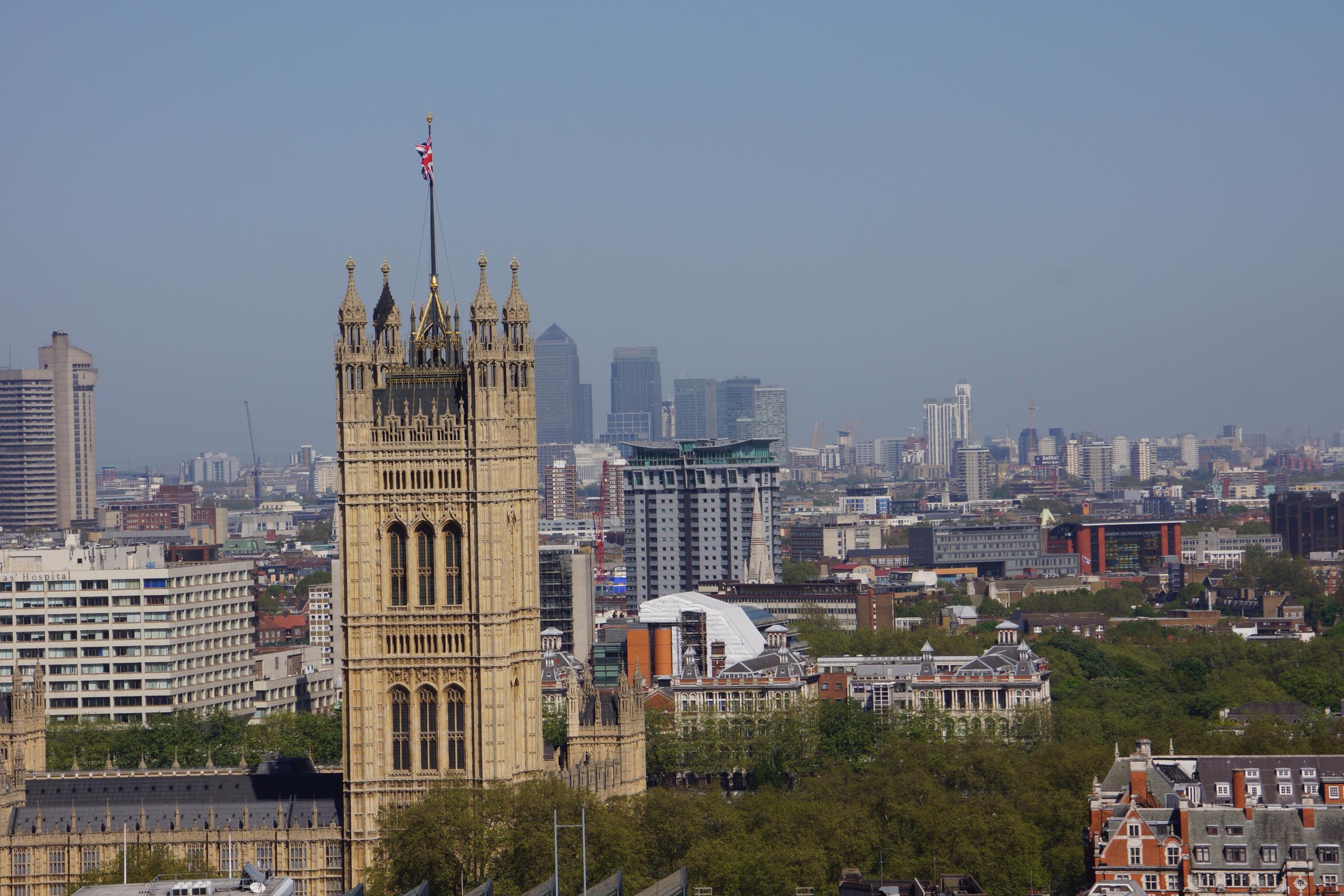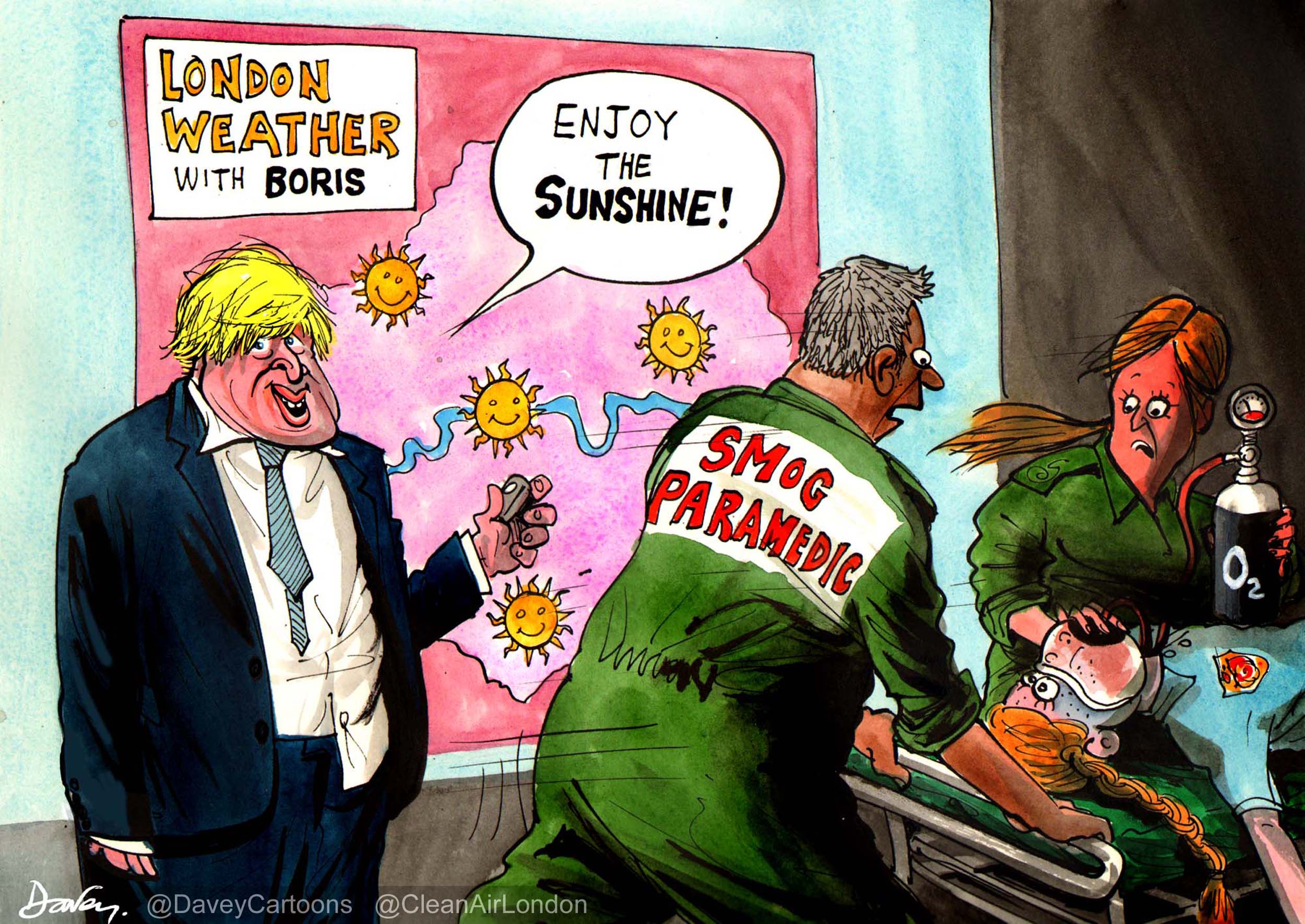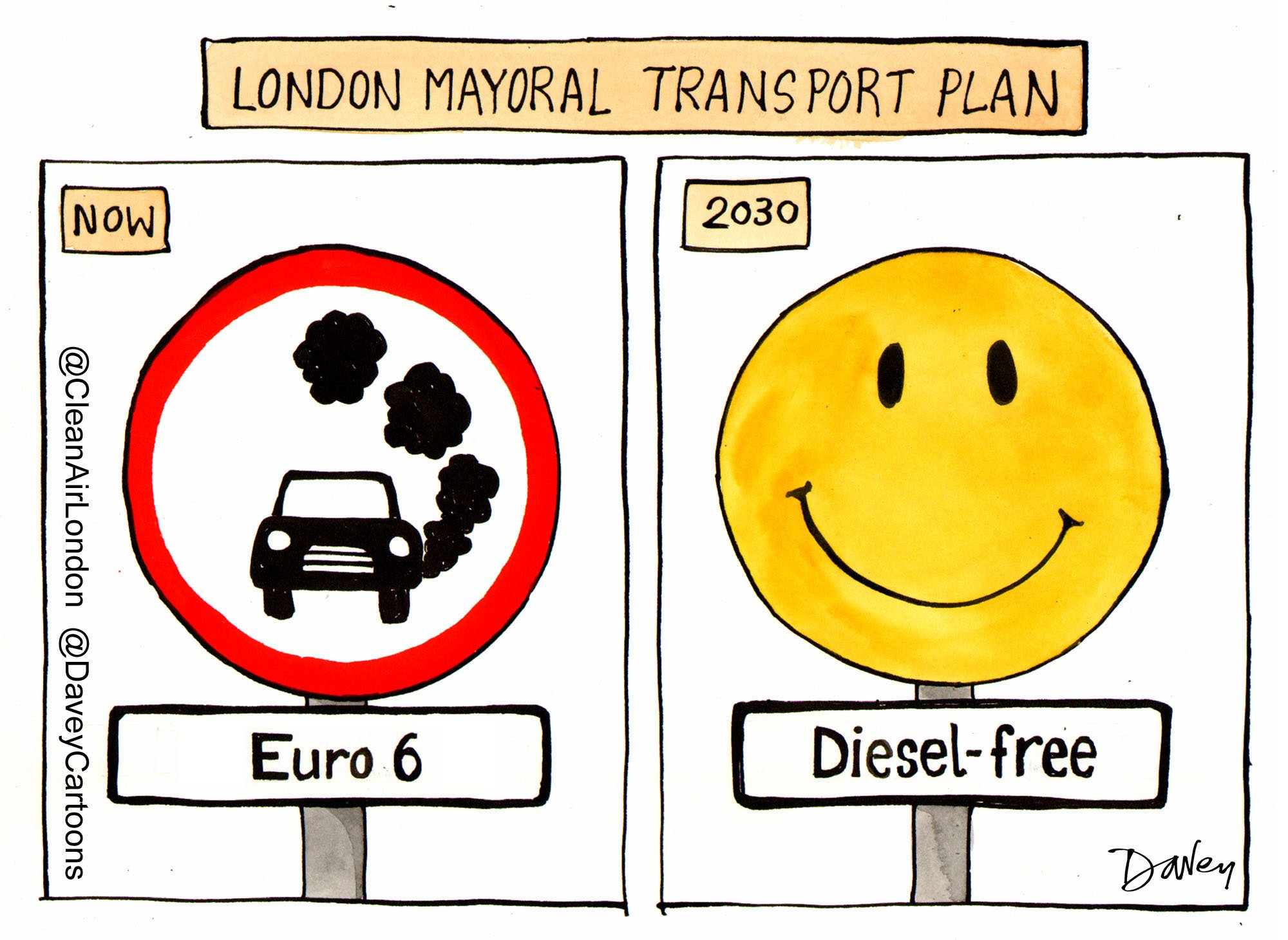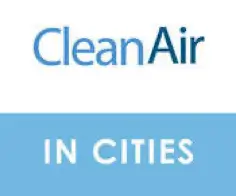Include all air pollution in Climate Change Bill
ACTION
If you care about the serious health impact of air pollution, please email David Miliband on [email protected] and Ken Livingstone on [email protected] emphasising your local air pollution concerns and that you want World Health Organisation recommended levels of air quality to be achieved urgently in London. Once the political will exists to tackle air pollution, practical ways of addressing it will be found (as they were in the past for sulphur dioxide, leaded petrol and the ozone layer). It is that simple.
UPDATE
Include all Air Pollution in Climate Change Bill
Air pollution is represented mainly by Climate Change (in the high atmosphere with long term consequences) and Air Quality (at street level with short, medium and long term health effects). The former is caused mainly by carbon dioxide and the latter is caused mainly by nitrogen dioxide, ozone and particulate matter. Both require international co-operation and tough local action to deliver effective solutions.
The Government is almost certain to commit formally to introduce a “Climate Change Bill”. For some reason, the Government seems unwilling to introduce a “contract for clean air” when it wants to introduce contracts for water and waste. Instead it seems to treat climate change and air quality as completely different air pollution subjects – possibly because different Defra Ministers have responsibility for the two subjects. Logic dictates that standards should be set for air pollution as a whole with binding annual limits and an independent watchdog. To do otherwise would be like saying that the Government wants standards for reservoirs and rivers but not drinking water!
Separately, they have been key, recent, developments in Europe in connection with the new draft European Union (EU) Directive on Air Pollution (which will determine the overarching structure of UK air pollution legislation for years to come). On Monday 23 October, David Miliband at the Council of Ministers rejected the vote by the European Parliament on the first reading of the European Parliament’s draft EU Directive on Air Pollution. Ben Bradshaw, Minister for Air Quality, who was in Luxembourg with David Miliband, did not seem to want to publicise the event and instead put out a News Release in the UK saying “Petrol station pollution to be cut by 85%”. Perhaps UK Ministers were embarrassed that only two Labour MEPs from the UK had attended the key European Parliament vote a month ago (because the others were presumably at the Labour Party Conference), and both voted for new time extensions for air pollution legal limits which the Council of Ministers then rejected.
The action of the Council of Ministers will force a second reading of the draft new EU Directive on Air Pollution probably in April or May 2007. The Council of Ministers formalised its informal stance of June 2006 which would allow a delay for the meeting of EU legal limits for particulate matter from 1 January 2005 to 1 January 2011 (i.e. by six years) and for nitrogen dioxide from 1 January 2010 to 1 January 2015 (i.e. by five years). The former would not be automatic and the current legal limits would continue to apply (and were breached in many places in the UK in 2005 – especially London). We find the possibility of allowing such delays either in legislation or practice unacceptable given that they were accepted by the UK Government as far back as 1999.
The next step in Europe will be the translation of the text into 23 languages so that it can go back to the European Parliament and the MEPs. This process will probably take until late January or February 2007. The European Parliament will then have three months before it must hold a second reading and a final vote. At that stage, the European Parliament can overturn the Council of Ministers decision and determine the form of the new legislation. It will be vital that European Governments press MEPs, particularly those in Germany and the Netherlands (who lead the adverse outcome on the first vote after intense lobbying of them by industrialists), to adopt an approach that strengthens EU air pollution legislation not weakens it. The role of London MEPs and all of the UK political parties will be crucial if that outcome is to be achieved.
To address unacceptable levels of air pollution in London, we will be seeking renewed support over coming months for a London wide action group on clean air from leading community organisations, business groups, borough councils, the Mayor and the Olympics organisers. We will also be seeking cross-party pledges from any political party claiming to have “green credentials” to the campaign to achieve World Health Organisation recommended levels of air quality in London by 1 January 2010 (and earlier for particulate matter). We know that once the political will exists, practical solutions will be found.
Finally, we urge all political parties to commit to addressing air pollution holistically, not piecemeal, in the new Climate Change Bill and to fight for tougher, not weaker, air pollution legislation in Europe.
Simon Birkett
Chair, Transport and Environment Committee
The Knightsbridge Association
Campaign site address: https://cleanair.london/
Note: if you haven’t done so already please read two recent media articles highlighting the extent of the air pollution problems in London
“Ken vs the black snot”
http://www.newstatesman.com/ken-vs-black-snot
“Clean air – a necessity and a right”
http://www.bbc.co.uk/london/content/articles/2006/09/22/air_quality_feature.shtml

